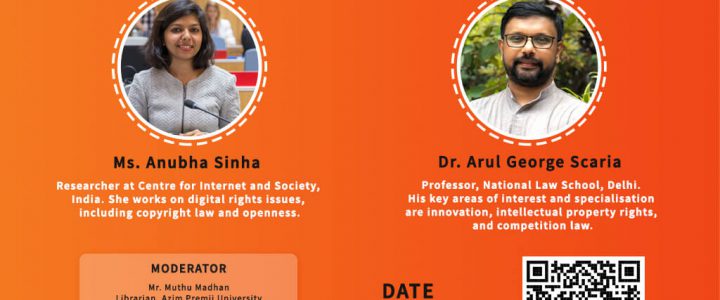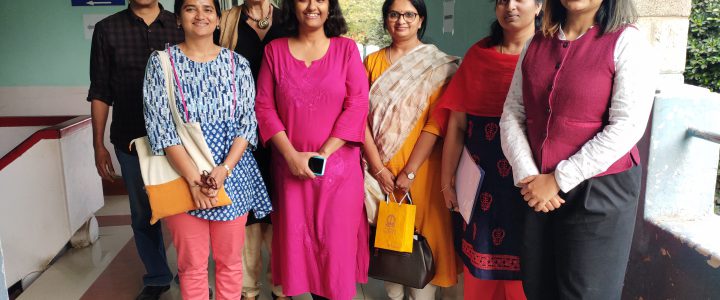Discussion on Open data for Rare diseases : An Indian Perspective
Date: 25th February 2021, Time 6:30 PM – 8:30 PM IST

Click here to Register
Panelists

Prof. Vijay Chandru
Faculty at the Centre for BioSystems Science and Engineering at IISc.
Executive advisor for healthcare to ARTPark, an innovation hub of DST at IISc.
Founder, OPFORD (Open Platform for Rare Diseases) Foundation.
Commissioner, Lancet Citizens Commission for Reimagining India’s Health Systems.

Prof. Arkalgud Ramaprasad
Director of the Ramaiah Public Policy Center, Bengaluru, India.
Professor Emeritus of Information and Decision Sciences at the University of Illinois at Chicago, USA.

Dr. Harsha Rajasimha
Founder and CEO, Jeeva Informatics Solutions Inc., Tysons Corner, VA, USA.
Founder Chairman, Indo US Organization for Rare Diseases, Herndon, VA, USA.

Dr. Shilpi Bhattacharya
Professor of Law at Jindal Global Law School, O.P. Jindal Global University, India
Trustee of World Without GNE Myopathy (WWGM).
Discussion on Open data for Rare diseases : An Indian Perspective
Moderators
Dr. Mohua Chakraborty Choudhury
Dr. Pragya Chaube
Event Coordinators
Dr. Mohua Chakraborty Choudhury
Dr. Moumita Koley
Dr. Pragya Chaube
Dr. Gautam Sharma
Mr. Nabil Ahmad Afifi
DST CPR Center Head
Prof. T. A. Abinandanan






 Prof. Rajesh Tandon
Prof. Rajesh Tandon







 Prof. Dominique Babini
Prof. Dominique Babini Prof. Arianna Becerril García
Prof. Arianna Becerril García 














